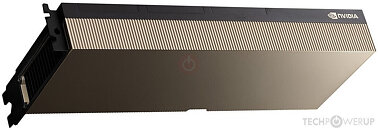
IBM Power11 Raises the Bar for Enterprise IT
Today, IBM revealed IBM Power11, the next generation of IBM Power servers. Redesigned with innovations across its processor, hardware architecture, and virtualization software stack, Power11 is designed to deliver the availability, resiliency, performance, and scalability enterprises demand, for seamless hybrid deployment on-premises or in IBM Cloud.
Organizations across industries have long run their most mission-critical, data-intensive workloads on IBM Power, most notably those within the banking, healthcare, retail, and government spaces. Now, enterprises face an onslaught of new technologies and solutions as they transition into the age of AI. IDC found that one billion new logical applications are expected by 2028, and the proliferation of these systems poses new complexities for companies. IBM built Power11 to deliver simplified, always-on operations with hybrid cloud flexibility for enterprises to maintain competitiveness in the AI era.
Organizations across industries have long run their most mission-critical, data-intensive workloads on IBM Power, most notably those within the banking, healthcare, retail, and government spaces. Now, enterprises face an onslaught of new technologies and solutions as they transition into the age of AI. IDC found that one billion new logical applications are expected by 2028, and the proliferation of these systems poses new complexities for companies. IBM built Power11 to deliver simplified, always-on operations with hybrid cloud flexibility for enterprises to maintain competitiveness in the AI era.

































































